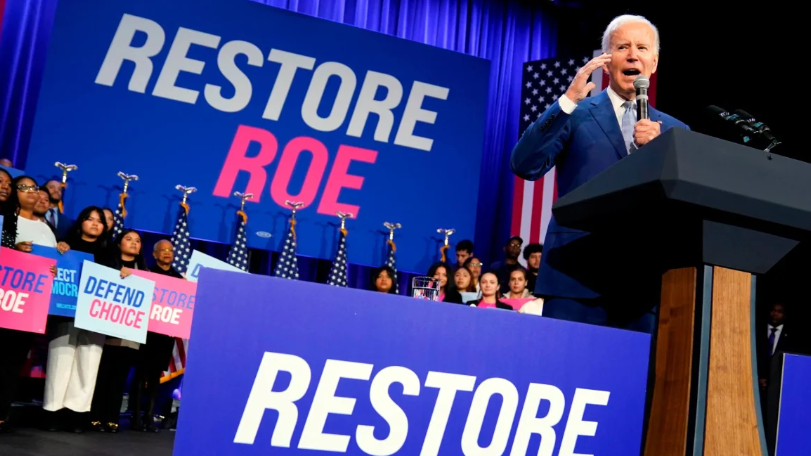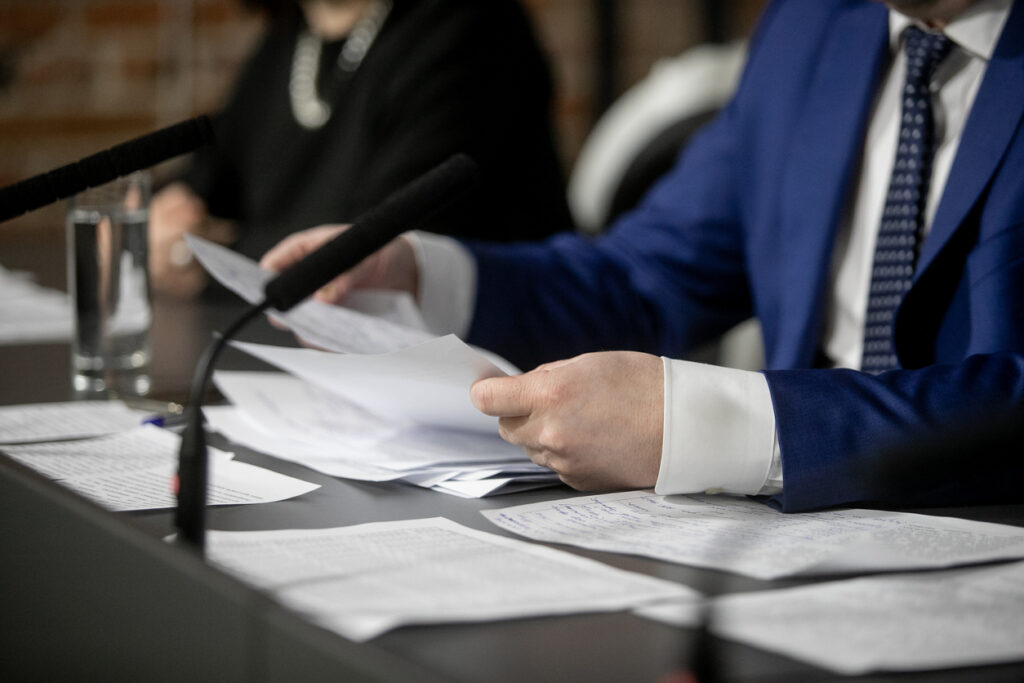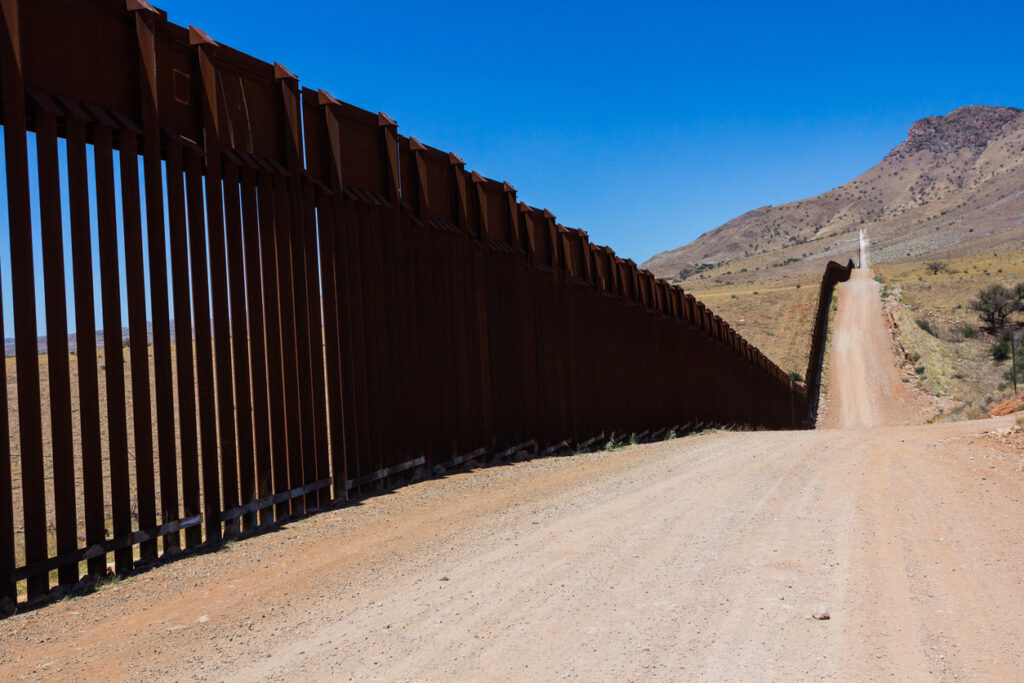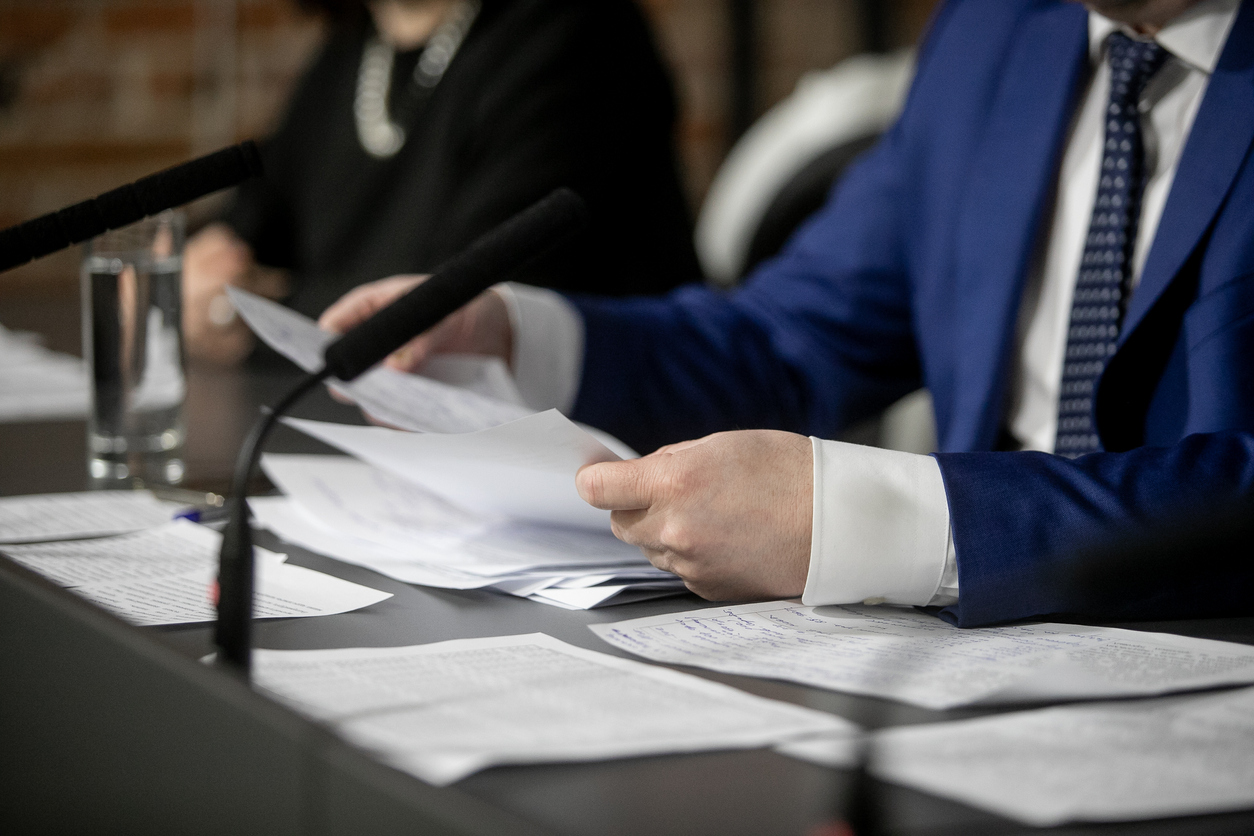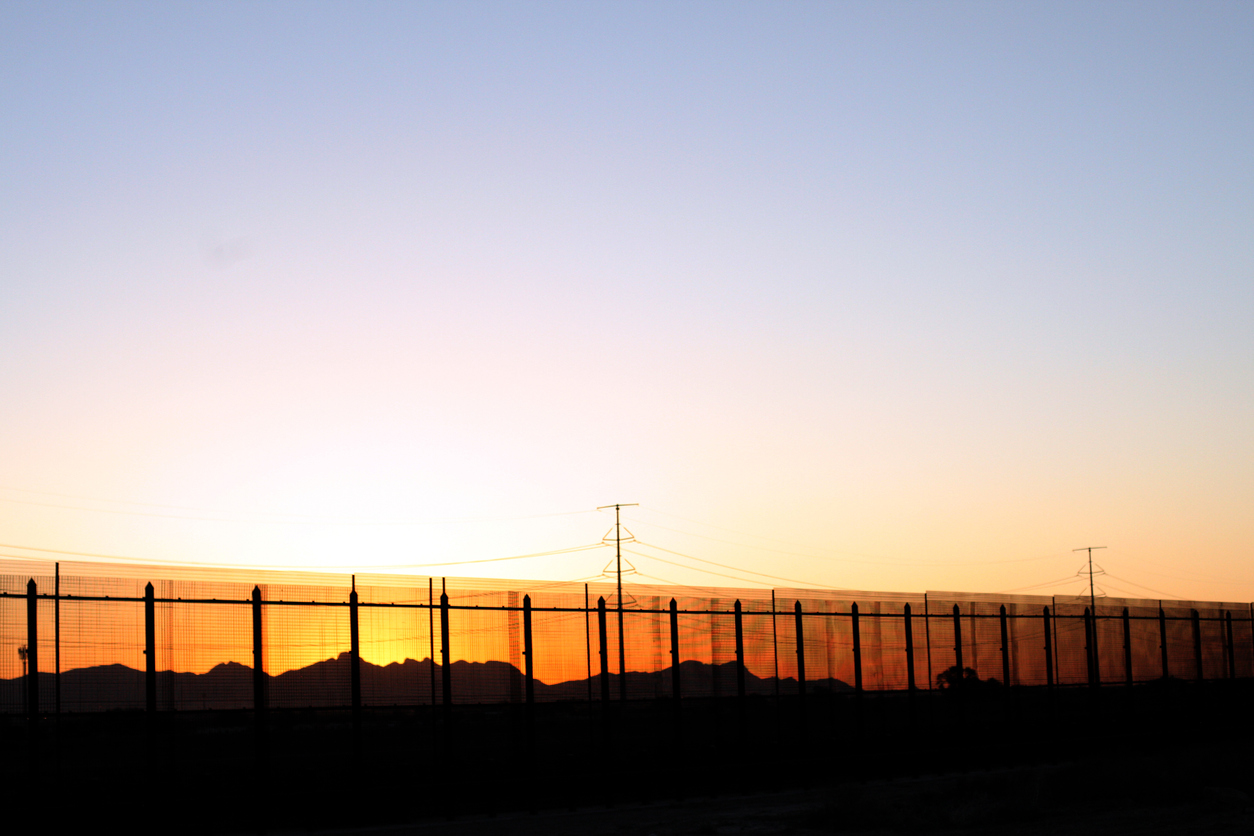
In recent events, the dialogue around the intersection of politics, faith, and national identity has taken a notably sharp turn, shedding light on the complexities and deeply personal convictions that shape our society. A striking instance of this unfolding drama involves former President Donald Trump’s controversial remarks regarding the Jewish community and their political affiliations. This discourse offers a poignant opportunity to explore the undercurrents that define not only the relationship between Jewish Americans and Israel but also the broader implications of loyalty, identity, and political choice in our increasingly polarized world.
During an interview with Sebastian Gorka, a name associated with Trump’s campaign era, the former president articulated a view that Jewish individuals voting for Democrats might be indicative of a deeper disconnection with Israel. “I actually think they hate Israel,” Trump suggested, emphasizing a belief that such voters are turning their backs on their heritage and the future of Israel itself. This perspective, while blunt, is not isolated in the tapestry of Trump’s previous statements that have intertwined loyalty, religion, and political allegiance in provocative ways.
The immediacy of the backlash to these comments underscores the sensitivity and complexity of the subject at hand. The Biden campaign, alongside allied Democratic groups and figures within the Jewish community, was quick to denounce Trump’s assertions as divisive and unfounded. The Anti-Defamation League, a bastion of Jewish advocacy, labeled the remarks as “defamatory,” highlighting the tension between Trump’s characterization of Jewish Democrats and the broader, more nuanced realities of Jewish American identity.
Critics of Trump, including spokespeople from the Biden-Harris campaign, have drawn connections between Trump’s recent statements and his past remarks that have flirted with deeply offensive stereotypes and narratives. This pattern of behavior, they argue, not only misrepresents the Jewish community but also contributes to the toxic atmosphere of rising antisemitism, making these discussions far more than mere political banter. They are, at their core, about the safety, respect, and dignity of an entire community.
Moreover, this controversy arrives amid broader discussions about the role of the United States in the Israel-Hamas conflict, an issue that has polarized American politics and tested the loyalties of many. Trump’s recent endorsement of Israel’s military campaign against Hamas juxtaposes starkly with his criticism of Jewish Democrats, illustrating the intricate web of international relations, personal beliefs, and political loyalties.
In this charged context, Trump’s social media post targeting “liberal Jews” for their perceived failure to recognize his administration’s support for Israel adds another layer to the conversation. The timing of the post, coinciding with Rosh Hashanah, the Jewish New Year, imbues these comments with a particular poignancy, suggesting not just a political critique but a call to reflection on identity, gratitude, and the choices that define us.
As we navigate these turbulent waters, it becomes clear that the conversation is not merely about political allegiance but about how we understand and honor our identities in a diverse society. The debate surrounding Trump’s comments invites us to consider the complex interplay of faith, nationality, and political ideology, urging a dialogue that transcends simple binaries and embraces the richness of our collective human experience.
In the end, the challenge before us is not only to critique or defend particular viewpoints but to engage in a more profound, empathetic conversation about what it means to belong, to believe, and to hope for a future where diverse identities can coexist in harmony. It’s a call to unity, to understanding, and ultimately, to the shared pursuit of a world that respects the intricate tapestry of human belief and affiliation.


